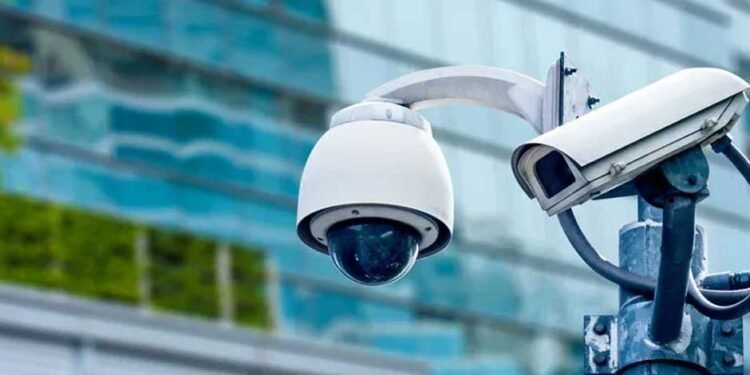In a world where security threats are ever-evolving, business video surveillance stands as a key deterrent against criminal activities and a critical tool for incident response. The mere presence of surveillance cameras can significantly impact the behavior of potential intruders. For the modern enterprise, integrating comprehensive video surveillance systems is not merely an option but a strategic necessity. Below we explore how this technology plays an essential role in safeguarding corporate assets and ensuring the safety of employees.
Leveraging Advanced Video Surveillance Technologies for Future-Proof Security
Businesses are increasingly adopting advanced video surveillance technologies to stay ahead of security threats. Innovations like artificial intelligence and machine learning are transforming surveillance by enabling systems to autonomously predict and react to potential risks. Cloud-based storage further enhances these capabilities, allowing real-time and recorded video access from anywhere, which is crucial for immediate responses in dynamic business environments.
Modern security cameras are becoming more resilient against cyber threats, thanks to stronger security protocols built into devices. Future-proof business video surveillance systems are designed to be adaptable and scalable, ensuring they can evolve with technological advancements and emerging security challenges without requiring a complete overhaul.
Understanding the Role of Video Surveillance in Modern Business Security
Video surveillance is a crucial component of business security protocols, serving as a watchful eye over commercial properties, deterring criminal activities, and capturing evidence when necessary. Real-time monitoring capabilities allow for immediate response to security breaches, providing peace of mind to business owners and managers. Modern surveillance systems offer smart analytics, identifying unusual patterns, tracking incidents, and even recognizing faces with accuracy.
These advancements enhance overall security and alert personnel to potential threats before they escalate into serious issues. Companies invest in video surveillance not only to protect their premises but also to safeguard sensitive information and intellectual property. The visual deterrence of cameras is a critical part of any comprehensive security strategy.
Exploring the Benefits of Business Video Surveillance for Asset Protection
Asset protection is a significant concern for businesses, and video surveillance is a key tool for effective asset management. It helps prevent theft, vandalism, and misuse of resources. For retail businesses, strategically placing cameras at points of sale, storage rooms, and entry/exits reduces shoplifting and employee theft. This protection contributes to a stronger bottom line.
Surveillance cameras can be integrated with other security systems like alarms and access controls, creating a multi-layered defense structure. This helps prevent theft and secure evidence for theft recovery. Insurance providers often offer reduced premiums to businesses that demonstrate proactive risk mitigation through surveillance cameras, contributing to long-term savings.
How Video Monitoring Can Enhance Staff Safety and Productivity
Video surveillance is a crucial tool for businesses to ensure employee safety and productivity. It helps maintain health and safety protocols, address accidents promptly, and prevent workplace violence by monitoring and recording suspicious behavior. Surveillance systems can also enhance productivity by identifying operational bottlenecks and inefficiencies, allowing managers to implement changes that improve employee performance.
It must balance security needs with privacy expectations. Employees should be informed about the presence of cameras and their use, fostering a transparent culture where they understand the importance of monitoring for their safety and the business’s productivity. To maintain trust and achieve security objectives, clear policies and transparency about monitoring practices are essential.
Navigating Legal and Ethical Considerations in Workplace Surveillance
Businesses must be aware of the legal and ethical boundaries surrounding video surveillance, as legislation varies by region and is generally stringent. Businesses must conduct thorough due diligence and seek legal counsel to ensure compliance with relevant laws. Clear signage indicating camera presence is often required, and restrictions on placing cameras in private spaces are common. Ethical aspects of workplace surveillance must be considered, as a culture of mutual trust and respect is crucial for organizational success.
Policies should protect employee dignity and privacy while meeting business security needs. Video surveillance, when conducted responsibly, is a powerful tool that supports legal and ethical business operations, safeguarding assets and individuals without infringing on personal privacy or creating a suspicion-ridden environment.
Altogether, the implementation of a robust video surveillance system is an investment that pays dividends in asset protection, staff safety, and long-term business sustainability. Surveillance technologies continue to evolve, offering businesses advanced tools to protect their interests against an array of modern threats.












